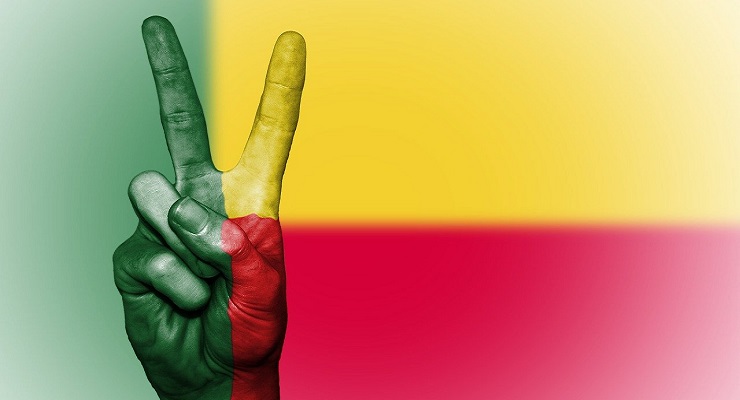
The upcoming elections on April 11, 2021, in Benin are high stakes. Prior to President Patrice Talon’s ascendancy Benin was consistently ranked as a democratic state. But rights have declined Talon. The future of Benin’s democracy is, therefore, at stake in the elections as Talon is expected to win. Justin Cole had more insights on the upcoming elections and democratic developments in Benin in article published by Just Security. Here is an excerpt:
Since becoming the first country in Africa to overthrow a military dictator by democratic means, the Republic of Benin has been a highly stable and robust democracy, widely renowned for its good governance, protections of individual freedoms, and consistently free and fair elections. Indeed, according to the 2018 Democracy Index published by the Economist Intelligence Unit, Benin had a stronger democracy than a significant majority of African countries, a substantial number of countries in the Middle East and Asia, and some countries in Europe. Unfortunately, in the last few years, Benin has suffered severe democratic decline under the leadership of President Patrice Talon. With Talon now widely expected to emerge as the victor in the upcoming election on April 11, democratic governance in Benin will likely only continue to weaken.
The potential implications of this likely election outcome are severe.
After the April 2019 parliamentary elections, which were marred by election commission restrictions that prevented opposition parties from fielding candidates, protests of the results prompted arbitrary arrests and a violent police crackdown which resulted in the death of several unarmed protesters. Similar violence is certainly a possibility in the days ahead. What’s more, human rights protections, which have already worsened under Talon, can be expected to deteriorate further if he wins a second term.
The full article can be accessed through this link.
Leave a Reply